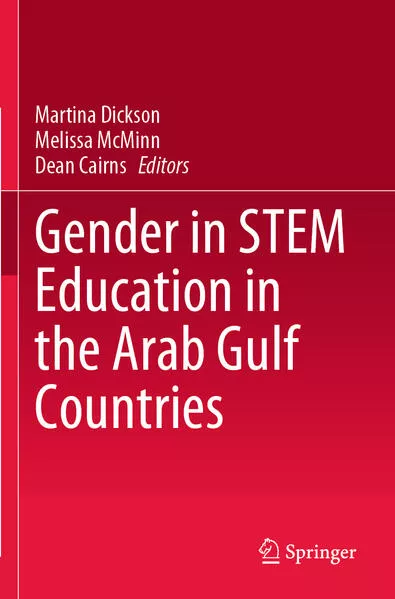
- Publikationen ca: 3
- Buchbewertungen ca: 1
- Fragen & Antworten
Martina Dickson
Melissa McMinn has worked in in-service and pre-service teacher education for 15 years and in postgraduate education for eight years. She is currently facilitating a new suite of initial education teacher programs for the Open Polytechnic in New Zealand. She holds a Master of Education and a Doctorate of Philosophy in Mathematics and Science Education and has achieved the status of the senior fellow (SFHEA) in recognition of her teaching and learning support in higher education. She is an active researcher and over the past decade has led projects in mathematics and science anxiety in university students and teachers, learning environments research, and co-researched a number of projects including pedagogy in higher education and children’s perceptions of science and technology, among others.
Dean Cairns holds a Ph.D. in Chemistry from the University of Sussex and is a doctoral candidate for an Ed.D. in Education at Bath University. He has worked as both a research scientist and a science educator. He is currently an associate professor in Curriculum and Instruction at the Emirates College for Advanced Education. He has published widely in high-quality international journals in the fields of polymer chemistry and science education. Recent publications have included investigating the impact of inquiry-learning approaches on science outcomes and students’ perceptions of using technology during inquiry-related activities. His current research focuses on students’ epistemic beliefs about science and their relationships with science conceptual knowledge development.
Gender in STEM Education in the Arab Gulf Countries
This book explores the critical issues in gender and STEM education in the Arabian Gulf, written within a context of educational systems developing rapidly over recent decades. With the ever-growing need for a highly skilled, gender-inclusive STEM workforce, the issues raised in this book are more topical than ever.
Gender in STEM Education in the Arab Gulf Countries
This book explores the critical issues in gender and STEM education in the Arabian Gulf, written within a context of educational systems developing rapidly over recent decades. With the ever-growing need for a highly skilled, gender-inclusive STEM workforce, the issues raised in this book are more topical than ever.
Gender in STEM Education in the Arab Gulf Countries
This book explores the critical issues in gender and STEM education in the Arabian Gulf, written within a context of educational systems developing rapidly over recent decades. With the ever-growing need for a highly skilled, gender-inclusive STEM workforce, the issues raised in this book are more topical than ever.


